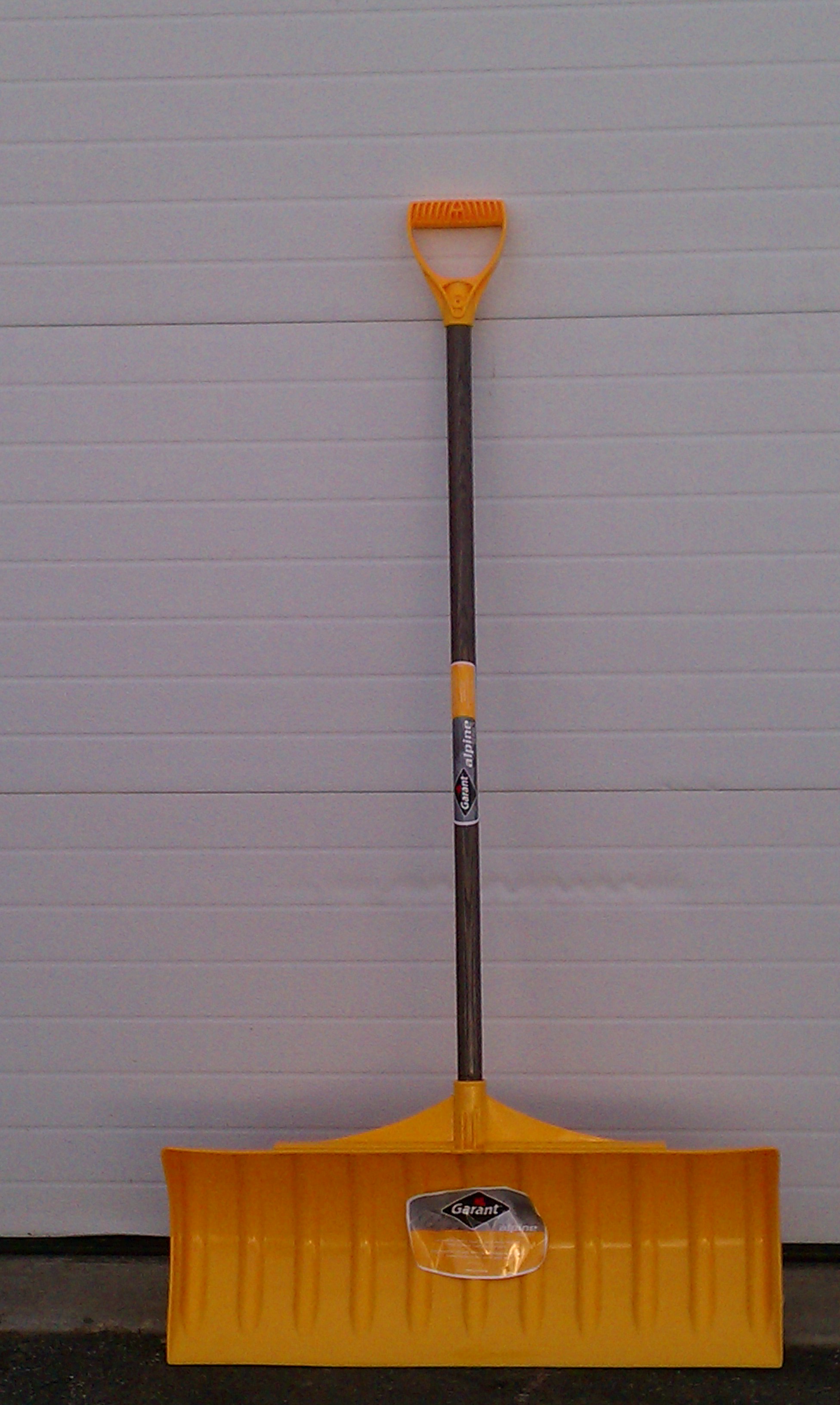
The case fans are an important component of the cooling system for your PC. They pull cooler air out from the outside of the PC case and push that away from hot parts inside, like the graphics card or heat sink.
In order to choose the right case fan, there are a number of factors that you need to consider. CFM (Case Flow), power consumption, noise level, and fan controls are some of the factors you should consider when shopping for a case fan.
120mm vs 140mm Fans
Most cases use the 120mm case fan. They are typically rated 40-50 CFM and can cool your CPU or graphics card. Note that higher CFM will result in more noise, so choose a 140mm fan if you want a quieter system.
Static pressure RGB fans
If you want to add a stylish touch to your PC, static-pressure rgb Fans are the perfect choice. The white blades add to the aesthetics. Also, they come with a remote control that allows you to easily customize the colors.

You can also use them if you want a great deal of RGB illumination without having to connect many cables. These fans come in many sizes, so there's a fan that will fit your build.
PWM vs. Non-PWM Fans
Most case fans on the market are Pulse Width Modulated, which allows them to run at a variable speed during different periods of time. This can reduce power consumption while increasing component life by reducing excessive heat.
PWM can be costly. If you have a limited budget, non PWM models are more affordable.
Some of the best 200mm case-fans are fitted with RGB LEDs. This makes a significant difference to your system's appearance. Also, they are usually very quiet. They can also be customised according to your colour schemes.
You can check out some of the best static-pressure rgb fans. All are rated high-airflow fans with low noise levels, making them great options for those looking to cool a PC.

A case fan is an essential component of any high-end computer system. It's important to choose one that is suited to your needs and will last you for years to come.
If you want to increase your graphics performance by adding a new GPU or video card, you will need a fan designed for that purpose. You can also check with the manufacturer for their recommendations on the best fan to use for your system. This will save you money and help you get the most from your hardware.
Many cases aren't designed to handle the larger fans you'll need. You can get frustrated if you purchase a larger fan, only for your case to be incapable of handling it. Check the dimensions of your computer before you buy any fans. Choose those that will fit your motherboard.